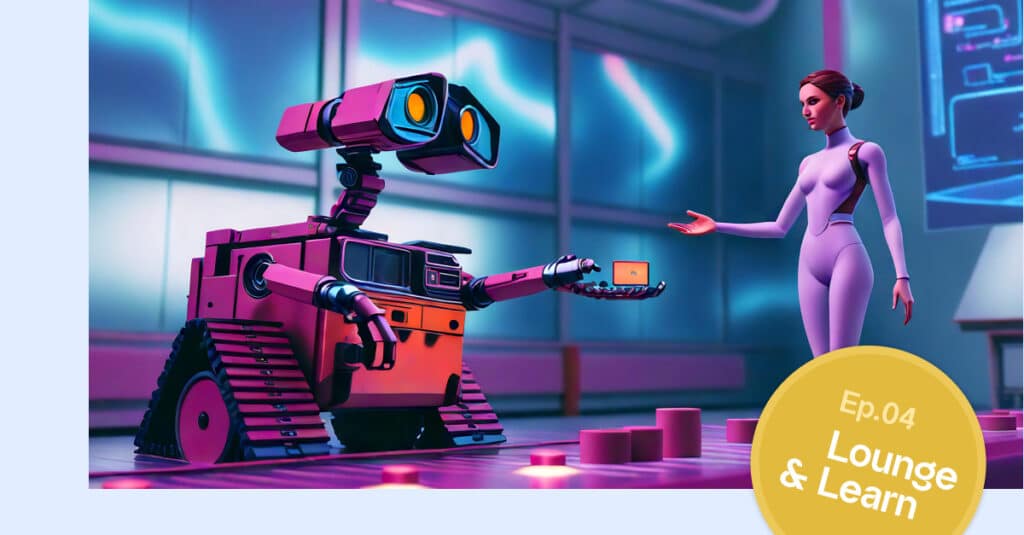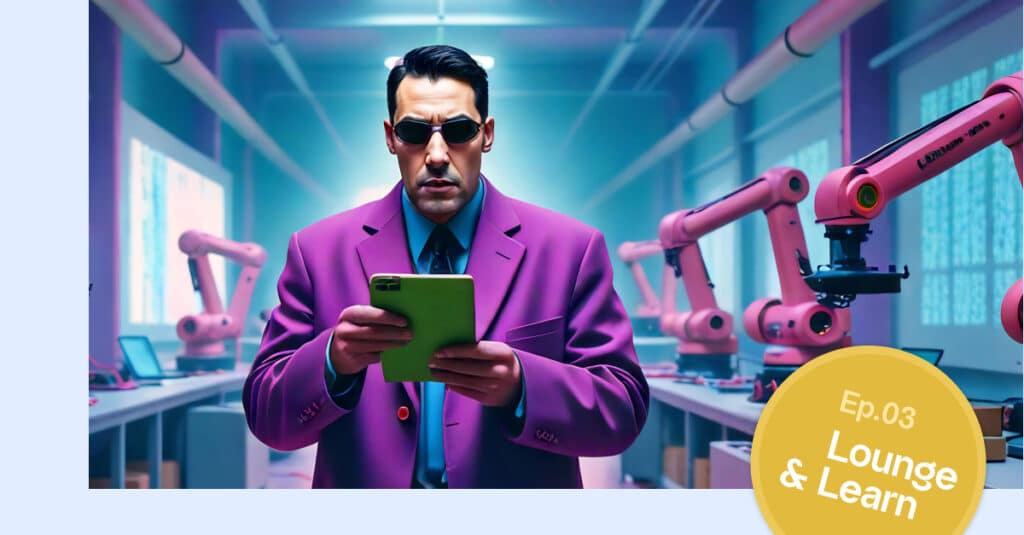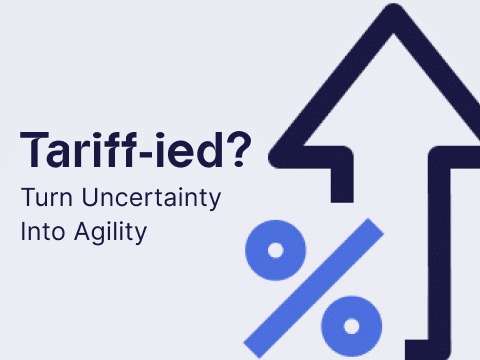
As the push for more sustainable practices gains momentum, so are the discussions around how pure stockholder capitalism can better loop in environmental and equality concerns. For instance, the founder of Patagonia has just made Earth the company’s sole stockholder. But are there less radical options? Read all about it in our monthly round-up of manufacturing-related news.
In terms of press coverage, we couldn’t be more pleased that ‘Wall Street Journal Describes Augury’s Positive Impact On Supply Chain’ – or that a fresh report highlights how Augury’s solutions lead to significant cuts in emissions.
But yes, there’s still a lot of work to be done for our industry – and the world. We all have to step up to create a whole slew of solutions, both technical and organizational, to deal with the problems we are facing. Every little bit helps.
Triple Win: Profits, People, Planet
Paul Polman literally wrote the book on next-level capitalism: Net Positive – How Courageous Companies Thrive By Giving More Than They Take. During his tenure as CEO of Unilever, he not only made stockholders happy but also transformed the company to directly deal with its environmental and social responsibilities.
Today Polman is founder of Systemiq Capital that just released a new report which “explains the benefits of adopting more efficient technology and warns failure to do so could mean climate chaos,” according to ‘A Low-Carbon Chemical Industry “Could Create 29m Jobs And Double Turnover”’.
“This [report] is the first time that we can show this industry that it’s really possible to change,” says Polman. “The mindset of the industry has to change, to show there are enormous possibilities.”
In particular, the report highlights how “energy efficiency is now in the spotlight, as gas prices have soared, prompting more companies to examine their processes.”
People First
“In Spain, an industrial-sized conglomerate owned by its workers suggests an alternative future for capitalism,” according to the fascinating long-read ‘How Mondragón Became the World’s Largest Co-Op’.
The Mondragón Corporation is no hippie venture. With 95 autonomous cooperatives, it has an annual revenue of 11 billion euros and employs 80,000 people. Around three-quarters of those who are working in manufacturing co-ops are owners. Clients include General Electric and Blue Horizon. “The odds are good that key elements of something within a hundred feet of you – an espresso maker, a gas grill, a car – were made at Mondragón.”
In addition, each co-op’s highest-paid executive makes at most six times the salary of its lowest-paid employee – compared to the average 350:1 pay gap enjoyed by CEOs of regular corporations.
“It’s easy to assume that such arrangements must impair productivity. But multiple academic studies have found that cooperatives with worker governance and ownership are as profitable as or more profitable than ordinary firms. Researchers note that, in co-ops, incentives are better aligned: people benefit directly when their co-op succeeds, and so they are more committed. (The same principle motivates work at many startups.) They also find that democratic governance empowers workers to suggest improvements and increases their satisfaction.”
“Mondragón’s cooperatives looked like a kind of miracle. If that’s true, they’re a miracle of an unusual kind – one that actually exists, and could be repeated.”
Extra! Extra! Billionaire Seeks To Save This Planet, Not Fly To Another!
Self-described ‘existential dirtbag’ and founder of outdoor clothing and apparel empire Patagonia, Yvon Chouinard decided to hand over 98% of his company’s stock to a fund that will funnel all of the company’s profits – around a 100 million US dollars a year – into efforts addressing climate change and advancing wilderness preservation.
“You could say we are going purpose,” said the man who only issued profanities when he first heard he had been listed as one of the world’s richest people.
As Patagonia’s current CEO Charles Conn put it in ‘We Are Turning Capitalism On Its Head By Making the Earth Our Only Shareholder’: “I have benefited from shareholder capitalism. It’s a system that has brought us reductions in absolute poverty, longer lives through medical innovation, and many other improvements, as well as great shareholder returns. But let’s be honest: it made its gains at an enormous cost, including increasing inequality and widescale uncompensated environmental damage.”
“As a closely held company, this huge change was easier for us than others. But the point is for companies to make transparent purpose commitments that make sense to their business, and to be held to account by their communities,” writes Conn. “This is not ‘woke’ capitalism. It’s the future of business if we want to build a better world for our children and all other creatures.”
Who’s Responsible?
“Chouinard’s choice to ‘go purpose’ seems to be a more dramatic version of a historic declaration issued by the Business Roundtable in August 2019,” according to ‘Why Patagonia’s Purpose-Driven Business Model Is Unlikely To Spread’.
“The group represents close to 200 chief executives, including the leaders of JPMorgan Chase, Apple, BlackRock and Walmart. Appearing to abandon its longstanding commitment to shareholder primacy, it recast the purpose of a corporation.”
However, with the declaration being non-binding, “so far, business as usual remains the norm.” So perhaps in the name of getting things done, ‘Governments, Not Billionaires, Should Be Saving The Planet’.
But as it stands, every bit – large or small – helps. Let’s get to work.
Read ‘Manufacturing – The News: More Interconnected Than Disconnected?’.
To learn more about how Augury’s full-stack prescriptive solutions contribute to People, Planet and Profits, get in touch today.




